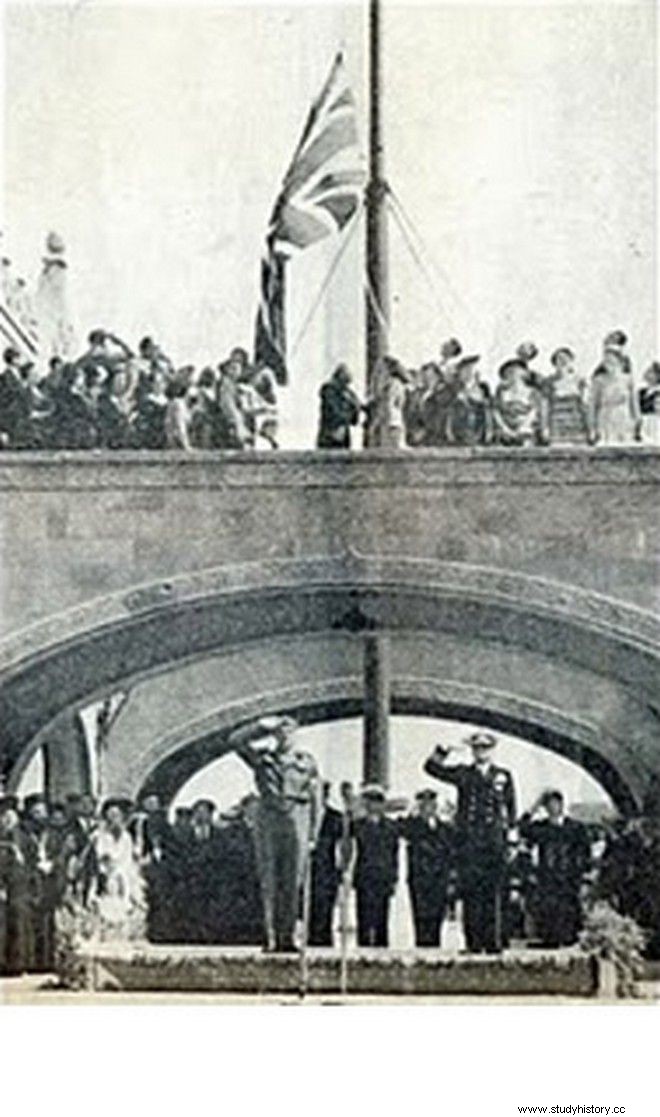The Dodecanese Islands (actually there are 14) were from ancient times tied to the fortunes of Hellenism. However, it was not until 1947 that they were integrated into the Greek state.
Due to their geographical position they received devastating raids by the Persians, the Saracens, the Venetians, the Genoese, the Crusaders and the Turks (Seljuks and Ottomans). From 1309 they came under the authority of the John Knights and remained under their rule until 1522, when they were occupied by the Ottoman Turks. With the start of the national liberation struggle of 1821, the Dodecanese revolted, but in 1830 they were returned together with Samos to the Ottoman Empire, in exchange for Evia, which was incorporated into the free Greek state.
The occupation of the Dodecanese by the Italians in 1912 revived the hopes of their inhabitants that the islands would soon join the national body. Indeed, with the Treaty of Sèvres (August 10, 1920), the Dodecanese were ceded to Greece, with the exception of Rhodes, which would remain under Italian administration for a while. But the unfortunate outcome of the Asia Minor campaign gave the Italians an opportunity to retreat and with the rise of Mussolini they tried to expel them. After the capitulation of the Italians (1943), the Germans became masters of the Dodecanese and after the surrender of Hitler's Germany (May 1945), Great Britain.
It was the golden opportunity for the integration of the Dodecanese into the Greek state, which Greek diplomacy should not let go to waste. It was a demand of the Greek people and plenty of Greek blood had been shed for the expulsion of the Germans from the Dodecanese. The issue would be settled definitively by the Peace Conference of the victorious powers of World War II, which would be held in Paris.

Greece, through Prime Minister Constantinos Tsaldaris, announced that it would put on the negotiating table as national claims the acquisition of Northern Epirus and the Dodecanese, the settlement of the Greek-Bulgarian border, while it also intended to raise the issue of Cyprus with Great Britain. Of these four national claims, only the issue of the Dodecanese succeeded, without difficulties and complications.
It is well known that Stalin and Churchill, during the Second World War, tried to entice Turkey by offering it certain coastal islands in the Aegean in order to persuade it to go to war on the side of the Allies or at least to remain strictly neutral . In addition, Stalin had linked the issue of the Dodecanese with Tripoli (present-day Libya), for which the Soviet Union had made a request to be entrusted with the mandate.
But in an unexpected turn of policy, the Soviet Union consented to the ceding of the Dodecanese to Greece, at the meeting of Foreign Ministers preparing for the Paris Peace Conference. The declaration was made on June 27, 1946 by Foreign Minister Vyacheslav Scriabin, better known as Molotov, with the sole condition being the demilitarization of the islands. Thus, before the Peace Conference had even convened, the Dodecanese issue had taken a favorable turn for Greece.
The news of the cession of the Dodecanese to Greece was greeted with great enthusiasm, at a time when the country was in the throes of Civil War. The Peace Conference met in Paris from July 29 to October 11, 1946, where the Greek side also raised the issues of Northern Epirus and the settlement of the Greek-Bulgarian border, without success, since the USA did not want to displease its ally the Soviet Union and the satellites of Albania and Bulgaria. Turkey's attempt to claim Kastellorizo and Symi fell in vain.
On February 10, 1947, the Peace Treaty with Italy was signed in Paris, according to which the Dodecanese were assigned to Greece, while Italy was obliged to pay compensation of 105 million dollars to our country. At the insistence of the Soviet side, it was stipulated in the text that the islands would remain demilitarized, a provision that Turkey would invoke abusively after 1974. From the Turkish interpretation of the text of the Greco-Italian treaty of 1947, combined with the Italo-Turkish agreements of 1932, the issue of "grey zones" raised by Ankara after the Imia Crisis in 1996 will also arise.
The handover ceremony of the Dodecanese Islands to Greece by the British authorities took place on March 31, 1947 in Rhodes in a festive atmosphere. The first commander of the Dodecanese Islands was Vice-Admiral Periklis Ioannidis, with the academic and judge Michael Stassinopoulos, later president of the Hellenic Republic, as political advisor. The official incorporation ceremony took place on March 7, 1948 and in 1955 the Dodecanese became a prefecture with Rhodes as its capital.
